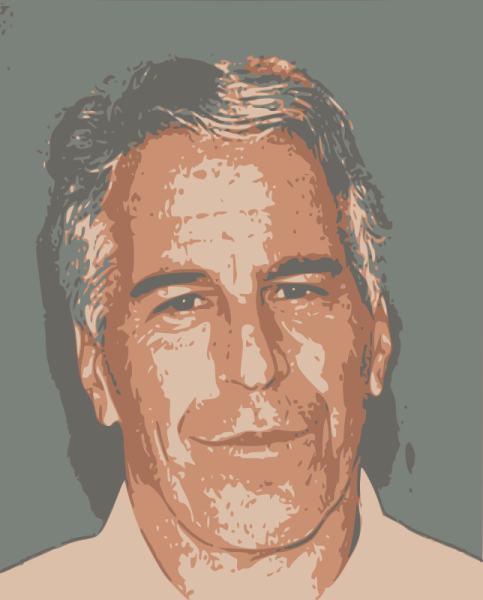
There is a reason why the case of Jeffrey Epstein, the wealthy pedophile and sex trafficker with lots of wealthy and powerful friends whom he invited to his private island, has seized the public’s imagination.
Dan Brooks says in a Politico essay with this title that The Epstein Conspiracy Is the Horror Story of Our Age.
He begins by interpreting a horror story of a previous age, the legend of Count Dracula (my bolds):
You are probably familiar with Count Dracula, the blood-drinking aristocrat with a taste for virgins who is vulnerable only to holy water and garlic. Bram Stoker’s Dracula was published in the United Kingdom in 1897, but the vampire legends on which it was based emerged centuries earlier in Eastern Europe. It doesn’t take a degree in folklore and mythology to notice that the count, who leaves his castle only to drain the life from peasants and corrupt young women, and who persists unnaturally from generation to generation until he is stopped by the power of the church, says something about how medieval Europeans saw their titled aristocracy. Dracula is what literary theorists call a big-time metaphor. His parasitic relationship with working people, his rivalry with priests, and his infamous horniness all reflect the anxieties of the late 19th century, when hereditary landowners vied with industrial capital and religious authority for control of Europe, and ordinary people exercised little power in proportion to their number.
Brooks then discusses the Epstein story:
This narrative, like the Dracula story, says some obvious things about how our culture understands its ruling class. The most powerful figure in it is not an elected politician or celebrity but rather a financial adviser, a guy whose money and connections make him the real force behind the facade of representative government and impartial law. . . .
The Epstein conspiracy theory describes two Americas, with two sets of laws and standards: the one most of us live in, where you have to go to work, abide by public morals and wait on hold when you call your congressional representative, and the one rich people live in, where statutory rape is an open secret and presidential candidates put aside their differences to hang out on tropical sex islands. In this world, the law, public opinion and party politics have power over ordinary people, but money has the power to transcend all of them. Financiers run the whole thing, literally and figuratively seducing political and cultural leaders in order to control them, while the various rules we democratically agreed on don’t apply to anyone involved — as proven by their successful murder of the only guy with the secrets to bring them down.
The Epstein story, Brooks concludes, is “a fable of how power works in the 21st-century United States.” He adds, “The non-conspiracy version of events says just as much.”
It’s the story of finance taking over the economy and money taking over politics, the story of a system that doesn’t do enough to restrain the power of those few Americans who live well without working, even as the rest of us are supposed to rule by majority. In other words, it is the story of vampires, whose existence is defined by exemption from the rules that determine the shape of ordinary people’s lives.
Illustration: Jeffrey Epstein by j4p4n via Openclipart, CC0, Public Domain










